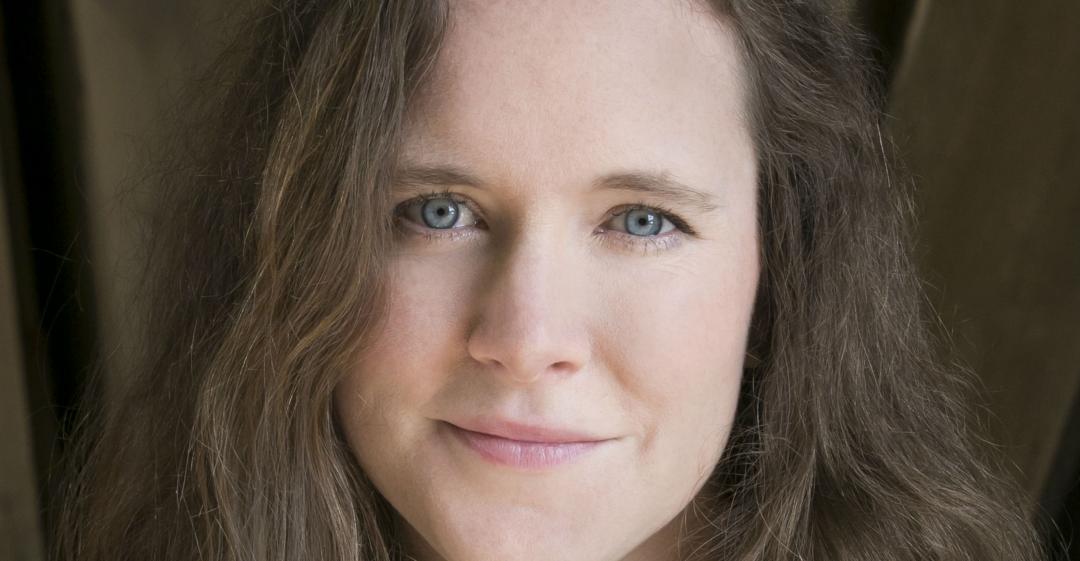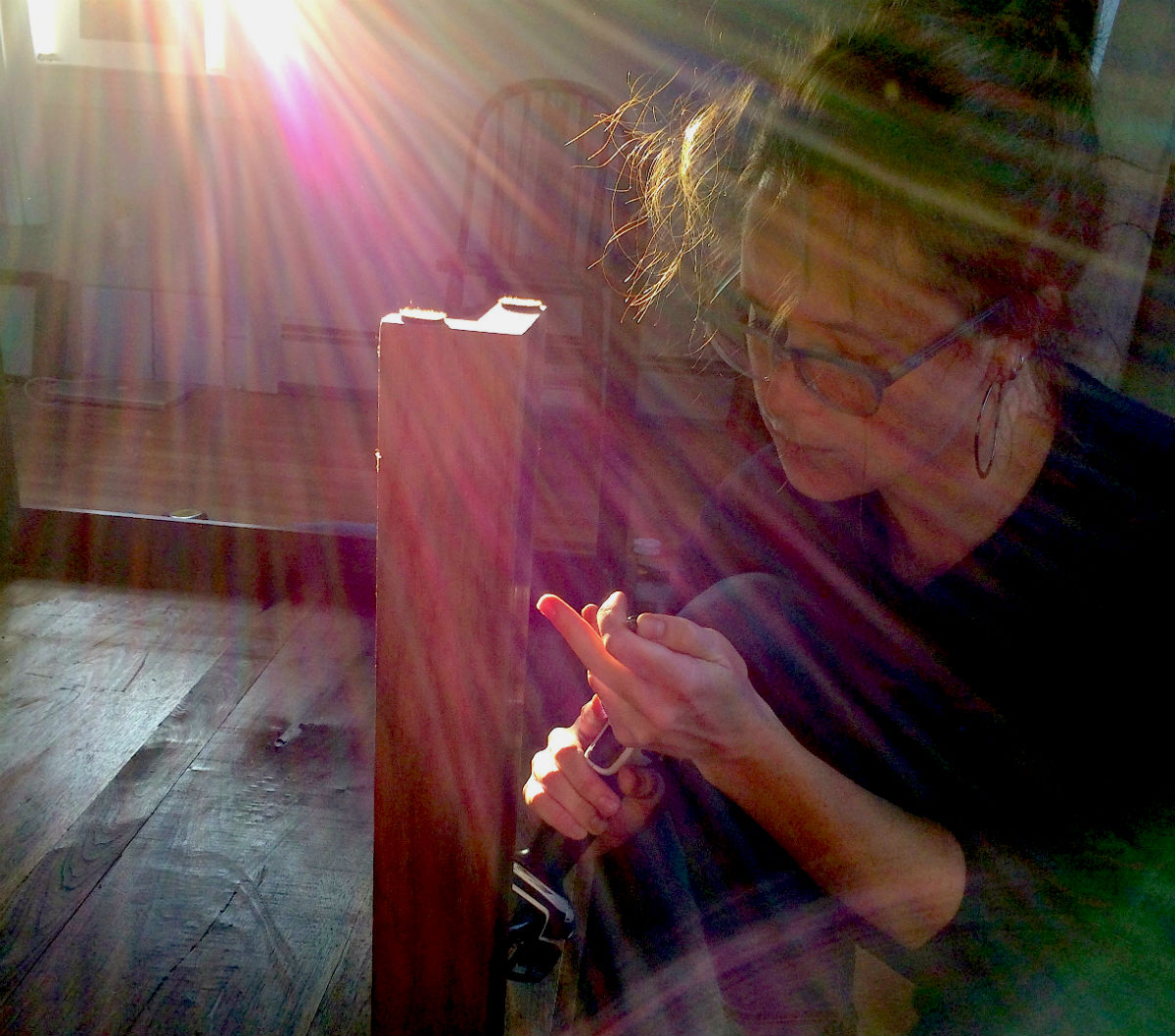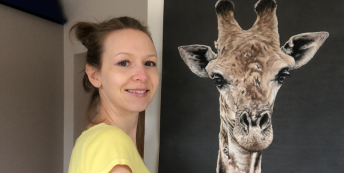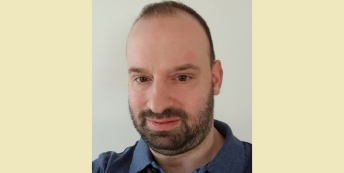“The phrase 'What have I done?' echoed in my head.”

What work were you doing previously?
I worked as a journalist, writer and editor at a newspaper.
What are you doing now?
For the last six years, I've been working as a writer and a carpenter.
Why did you change?
I grew weary of sitting in front of a computer screen and craved more tangible work.
When was the moment you decided to make the change?
It was a slow process of knowing that I'd reached the expiration date at my journalism job.
It took about a year to summon the courage to quit.
Are you happy with the change?
Absolutely yes.
What do you miss and what don't you miss?
I miss the buzz of the newsroom.
I miss the people I worked with at the paper and the shared effort of putting out a publication.
I don't miss the mindless hours spent staring at the computer screen.
How did you go about making the shift?
I left my job with nothing but a vague craving for work that used my hands more.
I quit not knowing what I would do next, but knowing that, whatever it was, it needed to be done.
Six months after I left my job, I happened to see a posting on Craigslist seeking a carpenter's assistant, with women "strongly encouraged to apply". This was exactly what I'd been hoping for; despite not having any carpentry experience, I ended up getting the job.
What didn't go well? What 'wrong turns' did you take?
I felt a lot of regret at first.
When I couldn't find work straight away, I felt like I'd gone off the rails with no chance of finding a new track. This was back when the economy was in the toilet, and I felt pretty hopeless for a while.
The phrase "What have I done?" echoed in my head a lot.
How did you handle your finances to make your change possible?
I had saved and saved in order to buy myself time, to be able to leave my job and not have to worry straight away about where my next pay cheque would come from.
This was planned and started the moment I got my first pay cheque. Some people save for vacations, some for a house or the education of their kids. I saved to buy time.
What was the most difficult thing about changing?
A lot of my identity, the way I understand myself, was wrapped up in my job.
Leaving brought some serious questions with it, such as "What am I now?", and "Who am I?"
What help did you get? 
My dad's girlfriend helped me understand what 'networking' really is, and let me sleep in her guest room for a while when I'd moved out of my apartment.
Friends lent their ears, and old colleagues and connections offered me freelance work.
What have you learnt in the process?
To trust the voice inside when it tells you it's time to make a change.
I've also learnt that fear is part of this process – it's important to acknowledge that and not let it keep you from making the necessary shifts.
What do you wish you'd done differently?
I believe that things happened the way they needed to – there were times when I wish I'd had more of a plan when I left, but I also think that would've closed the door to what actually ended up happening.
What would you advise others to do in the same situation?
Know that it's frightening.
Allow yourself the time to fret about money and bills and identity. Try to be at home with the clouds of question marks that roll in, and trust that they'll clear with time and effort.
Nina has written a book about her journey, Hammer Head: the making of a carpenter, which you can find out more about here: http://books.wwnorton.com/books/hammer-head/
Header image © Beowulf Sheehan; second image © Jonah James Fontela.
What lessons could you take from Nina's story to use in your own career change? Let us know in the comments below.



